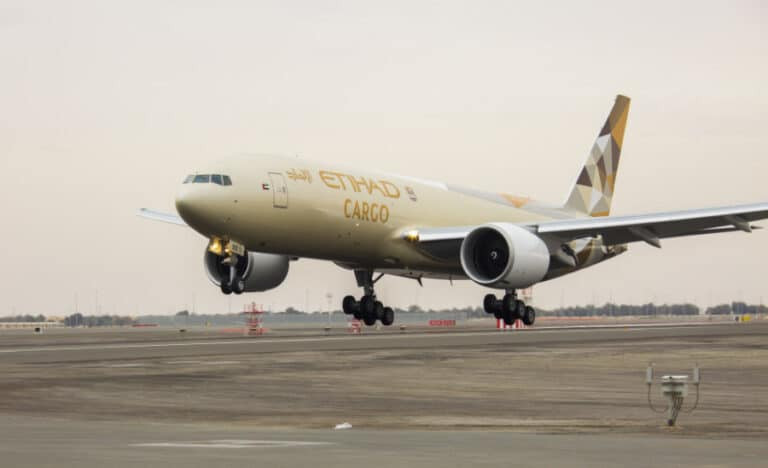Etihad Airways has made a loss of $1.87 billion in the 2016 financial year due to falling yields, aircraft impairments and equity investments.
The loss compares to a $103 million profit in the 2015 financial year, with major costs including $1.06 billion charges on aircraft, reflecting lower market values and the early phase out of certain aircraft types, and a $808 million charge on assets and financial exposures to equity partners, mainly related to Alitalia and airberlin.
Etihad Aviation Group board chairman, H.E. Mohamed Mubarak Fadhel Al Mazrouei says: “A culmination of factors contributed to the disappointing results for 2016. The Board and executive team have been working since last year to address the issues and challenges through a comprehensive strategic review aimed at driving improved performance across the group, which includes a full review of our airline equity partnership strategy.”
A slowdown in the cargo market put increased pressure on cargo revenues and yields, with cargo revenue down from $1 billion to $900 million, though tonnage was marginally up from 591,000 tonnes to 596,000 tonnes.
Etihad Airways chief executive officer, Peter Baumgartner says: “We are in an industry characterized by overcapacity, declining market sizes on key routes, and changing customer behaviour as a weak global economy affects spending appetite.”
He adds: “Our answer to these challenges is innovation and reinvention, and this gives Etihad Airways a competitive edge as we seek to leverage opportunities offered to us by a changing environment.”




